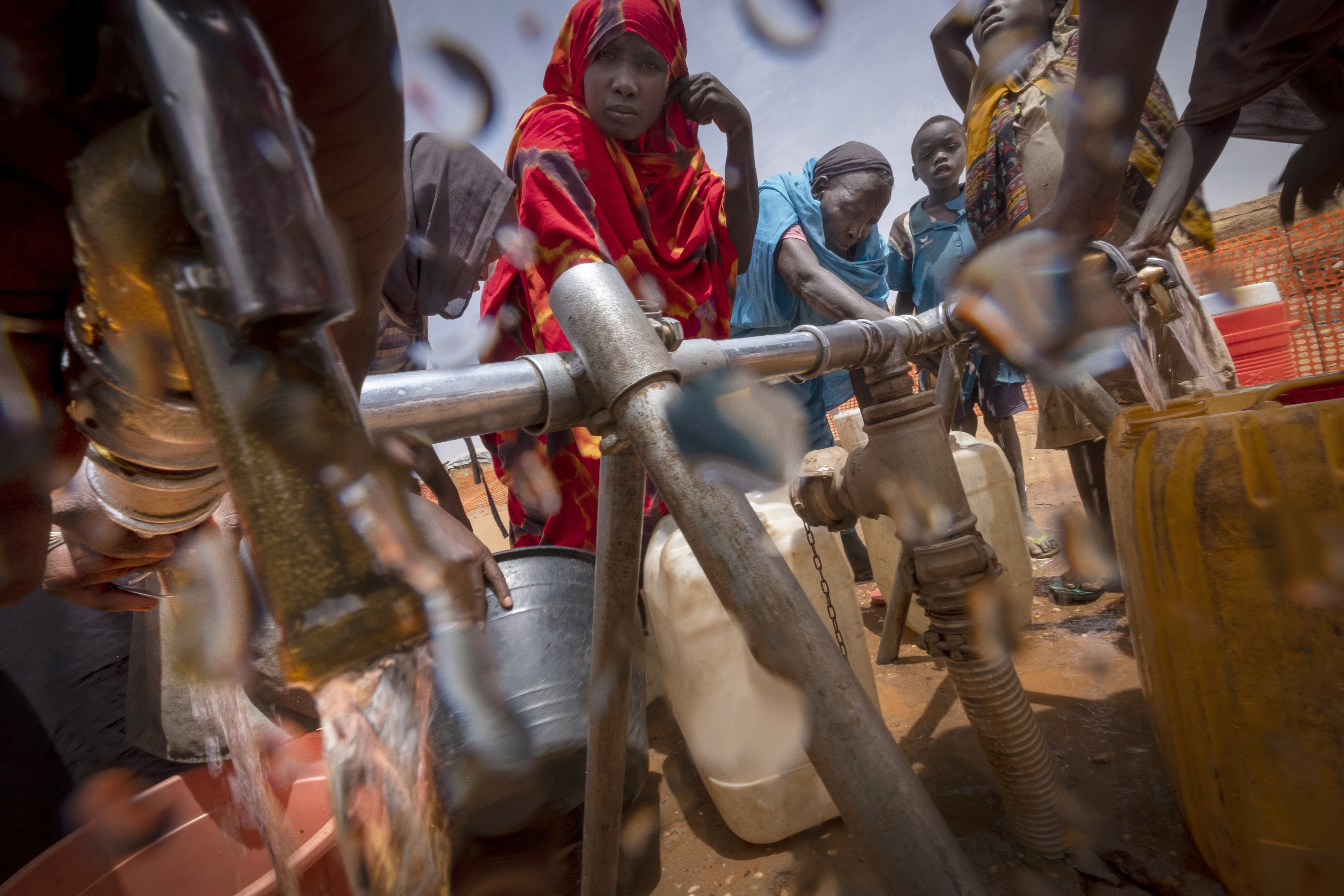War erupted in Sudan on April 15, 2023, between the Sudanese army and paramilitary Rapid Support Forces (RSF), devastating the country's infrastructure, prompting warnings of famine and displacing millions of people inside and outside the country.
Thousands of civilians have been killed, although death toll estimates are highly uncertain, and both sides have been accused of committing war crimes.
"Time is running out. Without a stop to the fighting and unhindered access for the delivery of humanitarian aid, Sudan's crisis will dramatically worsen in the months to come and could impact the whole region," WHO spokesperson Christian Lindmeier said.
"We are only seeing the tip of the iceberg, and the situation could be much more dire."
Lindmeier said 15 million people were in need of urgent health assistance and that diseases such as cholera, malaria and dengue were spreading.
He said medical supplies in the country were estimated at about 25% of the needs, and 70 to 80% of Sudanese health facilities were not functioning due to the conflict.
"Some states, such as Darfur, have not received medical supplies for the past year," Lindmeier said.
Outbreaks of disease are increasing as public health services, including vaccinations, are disrupted, he said.
(Reporting by Gabrielle Tétrault-Farber; Editing by Angus MacSwan)





 Sudanese refugees collect water from a well in the Adre transition camp, on the border with Sudan in Adre, Chad, 05 April 2024. Since the war in Sudan began, more than 650,000 people have taken refuge in Chad. The lack of water is one of the most pressing problems for Sudanese refugees, not only because of the need they have for their daily lives but also to avoid diseases and epidemics. With dozens of wells opened by Doctors Without Borders, they have access to 12 liters of water per person per day, when the minimum for a humanitarian emergency is established at 20 liters. EPA-EFE/Ricardo Garcia Vilanova
Sudanese refugees collect water from a well in the Adre transition camp, on the border with Sudan in Adre, Chad, 05 April 2024. Since the war in Sudan began, more than 650,000 people have taken refuge in Chad. The lack of water is one of the most pressing problems for Sudanese refugees, not only because of the need they have for their daily lives but also to avoid diseases and epidemics. With dozens of wells opened by Doctors Without Borders, they have access to 12 liters of water per person per day, when the minimum for a humanitarian emergency is established at 20 liters. EPA-EFE/Ricardo Garcia Vilanova